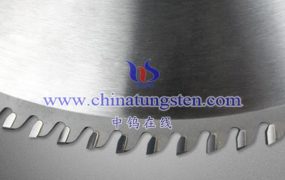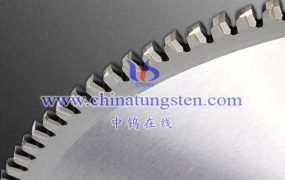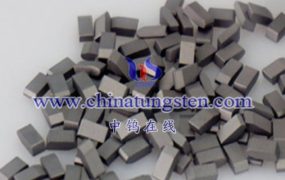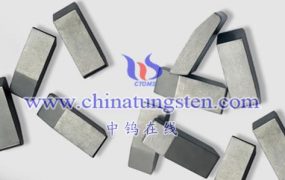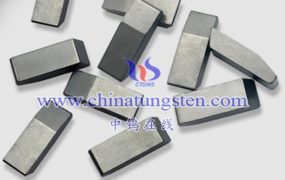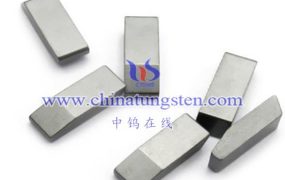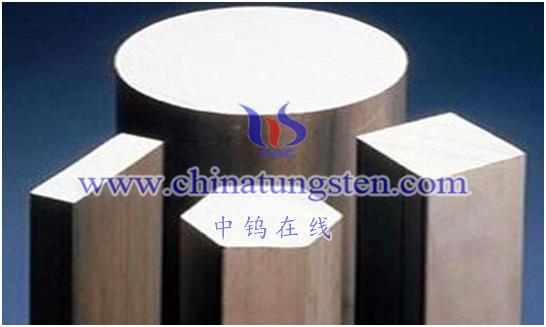
The flexural strength of cemented carbide depends on its composition, structure, and various process parameters during the manufacturing process, such as sintering temperature and time, heat treatment process, etc.
Generally speaking, the flexural strength range of cemented carbide can reach 1000~3000MPa at room temperature, and the flexural strength of some cemented carbide can even exceed 4000MPa. Specifically, the flexural strength of cemented carbide is also related to factors such as the type, content, and particle size of carbides and bonding phases in its components, the carbon content of the alloy, the sintering process, the heat treatment process, structural defects, and residual stress.
It should be noted that any material will contain a certain number of defects, such as holes, impurities, and microscopic cracks, which will reduce the strength of the material. For cemented carbide, its flexural strength is also affected by large-size defects. The probability of existence of large-sized defects increases with the increase in volume, that is, the larger the volume, the lower the strength.
In addition, the flexural strength of cemented carbide is also affected by temperature. Generally speaking, the flexural strength of cemented carbide decreases as the temperature increases. When loaded for a long time at high temperature, the cemented carbide will creep.
In general, the flexural strength of cemented carbide is affected by many factors, and the specific values vary depending on the composition, manufacturing process and other process parameters. Therefore, if you need specific flexural strength values, it is recommended to consult relevant research materials or consult professionals.
More details of tungsten carbide product, please visit website: http://tungsten-carbide.com.cn/
Please contact CHINATUNGSTEN for inquiry and order of tungsten carbide:
Email: sales@chinatungsten.com
Tel.: 86 592 5129595
